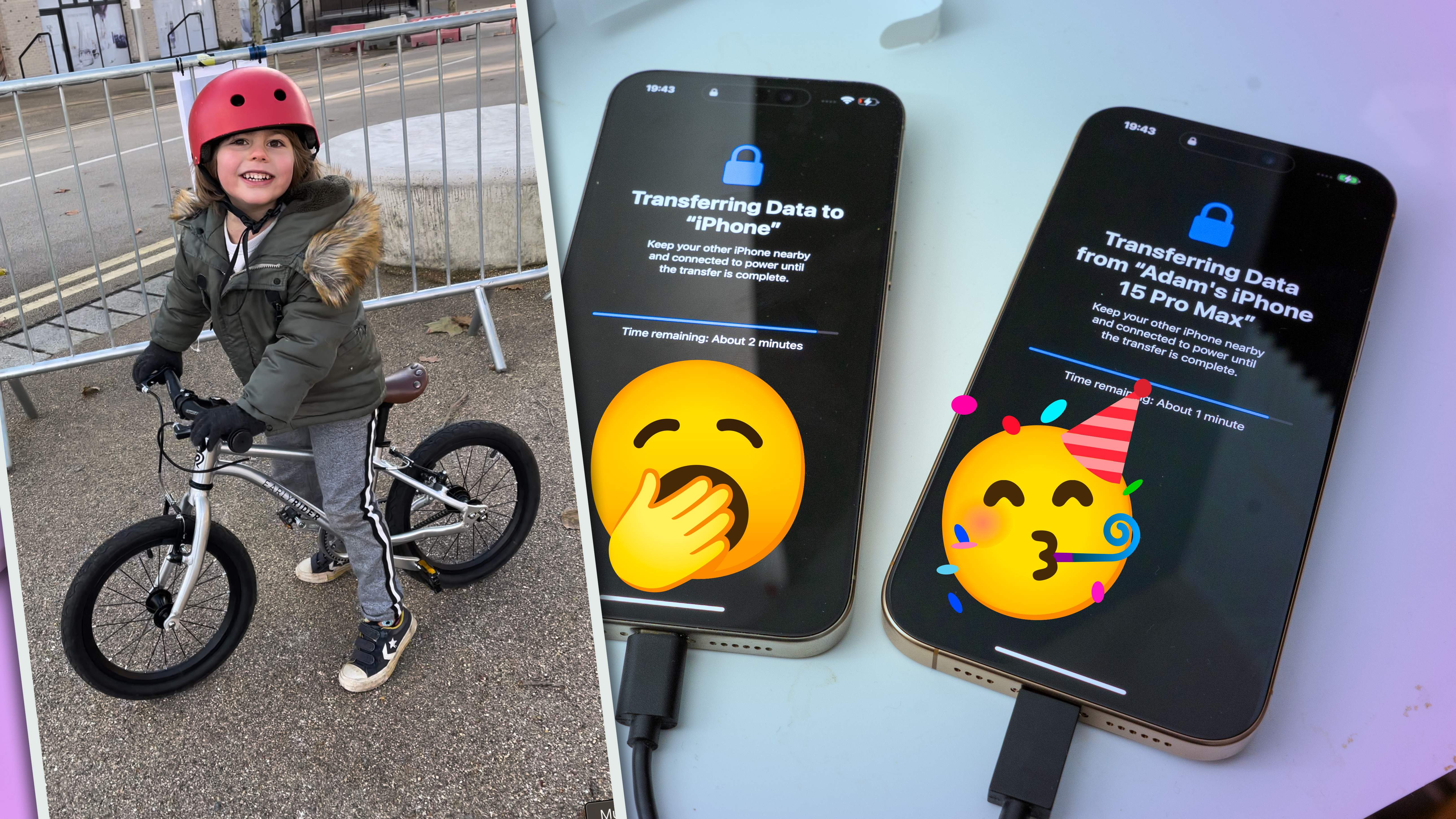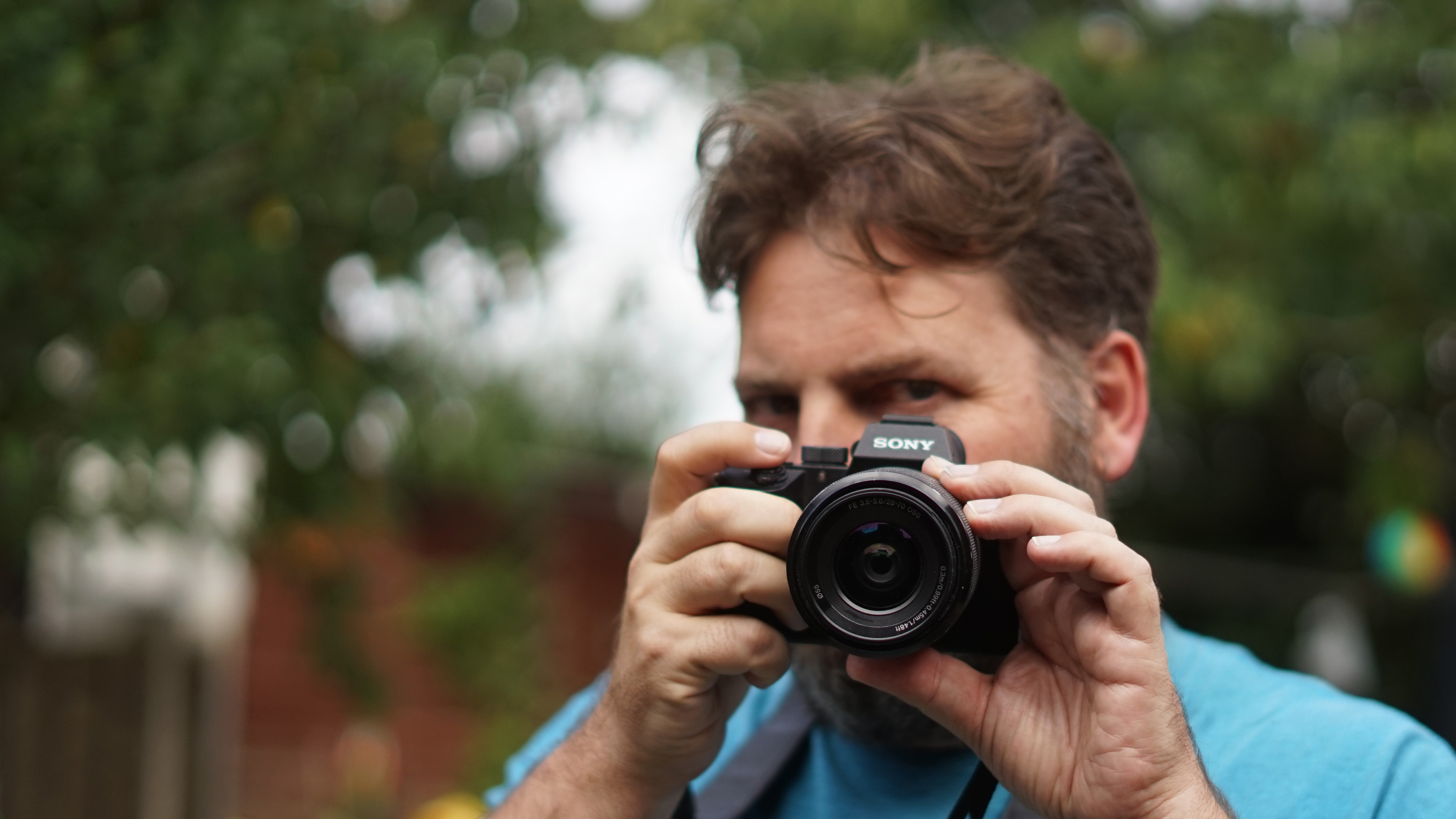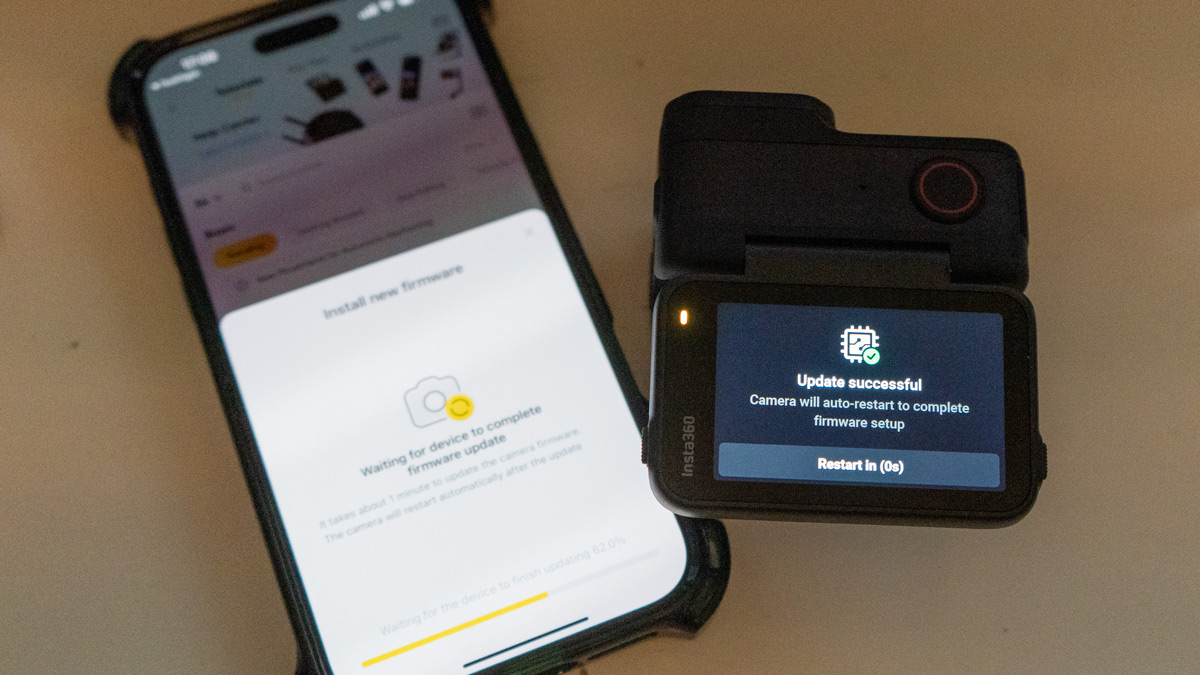
There is a school of thought that says upgrading your camera phone regularly is a waste. I hear people talking in sneery tones about rampant consumerism and say my hard-earned should be spent elsewhere but they're wrong, for a lot of reasons. Even if the 'elsewhere' is on my 'real' camera.
Firstly, most importantly, the 'camera in my pocket' is the one I document my life with and it's connected to my little bit of cloud – my personal photo album, all the photos of my friends and my family.
There is even a video of the moment my son rides his bike without training wheels for the first time. The second half of the ride, anyway, after I've given him a push. I'll bet I'm not alone there. That was captured with an iPhone 12 Pro Max (the second iPhone with triple cameras, and the first with LiDAR and 2.5x optical zoom.
Watching my son's proud smile as he attempts to comprehend what he's just achieved after trying for so long (before we rush in and hug him and it gets far too sweet to keep sharing).
Don't get me wrong – it terrifies me that this kind of thing is being stored on the cloud, where it is susceptible to the whims of a corporation's success or failure or, worse still, perhaps an AI, but, for now. And believe me, this one is downloaded to my own machine!
But there is no way I'd have had my mirrorless Sony A7 III in easy reach had I been repeatedly pushing my son's bike (believe me, it wasn't his first attempt). Here is a little sample of it – reduced in resolution to fit 16:9 – and a sample of how it might have looked if I wasn't a regular upgrader (though, of course, quality is only half the story).
The other this is speed. I was able to push the bike, shout encouragement, grab the phone from my trusty phone pocket, and start recording all before the end of a what was a momentous ride (for the three of us present).
OK, you might be saying, but the pace of change in phones is slowing down. The original iPhone had 2 megapixels and no video (that came with the 3GS in 2009). It didn't even have pinch to zoom. Ten years later the iPhone X had dual lenses and 4K video. Things aren't so very different. Well, yes and no – not all change is obvious.
Not so long before, getting to video modes wasn't all that instant, but newer phones always come with better processors and perhaps memory (the iPhone 11 was the first with three cameras, but the 12 incerased RAM from 4GB to 6GB). In other words, even if the camera doesn't obviously get better with key specs like megapixels, things like responsiveness can improve. The phone also gained Lidar, which (among other things) it can use to focus the cameras – and some folk will pay pretty penny for DJI lidar focussing systems to add to cameras!
Phones do get better. Inside and out. And, like it or not, there is a community level set by the contract and upgrade cycle. So why not stay slightly ahead of that curve?

What about your camera?
So my daily driver camera is a Sony A7iii – a camera body released in 2018. That's 8 years old. Surely that must need more attention by now?
Well, yes and no. The thing about the camera is that everything I do with it is much more deliberate, so constant improvement isn't necessacary.
Also, if we're honest, the technical challenges of optics of full frame aren't much of a problem any more – readout and focusing and many other things can all still get better, but improving tiny cameras in phones is more of an engineering challenge and one which has huge commercial incentive given the size of the phone market.
The other issue is that I don't really want my 'real' camera to change a lot. It was quite an early camera to offer 4K video, so it's got that covered and, if I'm setting up the camera, I'll be using other newer gear too when it comes to recording sound and the like.
If I'm going to invest in the camera, I tend to think in terms of glass (lenses) rather than the body. It doesn't help that some of the things that irk me about Sony's system (especially the lack of a top display, and a full flip-round display) haven't been fully addressed by possible upgrades, so why worry about a few megapixels or faster focussing? I'm simply not quick enough to need these things. Other photographers are, and I appreciate that, but that's just me.
Will it always be like this?
Probably not. There are a few things on the horizon – like AI – that might affect my perception here. It does seem AI, especially privacy safeguarded AI, needs a lot of on-device processing power, which older phones will struggle with. I am a bit suspicious of AI as a 'selling point' – but the term is used to describe good features as well as worry ones.
Going back to that clip of my son, one that does worry me are those handy 'space saving' AIs? Why would an AI choose this clip to keep that clip over any other of my son riding a bike? I know why it's special, but will it, or will it prefer one with slightly better lighting? Upgrading for storage is easier to comprehend!
When AI features become a driving factor, I will certainly look more with due caution, but I'll also be aware that it's not a good idea to get behind the pack. If nothing else, it's important to understand how other people are doing things. Imagine if you still thoguht everyone only adjusted thier images on desktop computers?

We don't just have one camera!
A flagship phone is now capable of editing images and most cameras can download them (even if a lot of the apps are terrible). Moreover a lot of devices in the photographic field are not the main traditional camera body that so many members of the public still insist on calling SLRs even when they they lack mirrors.
The job of creativity is more complex now, and we use the best camera drones and the best action cameras and all of these devices can download images direct to phones – in some cases more easily than. The best 360-degree cameras often benefit from a simple editing platform to reframe video – why not do it on the commute!
If you regularly update your phone, you can keep at the top edge of all this and the frustrations of being slightly behind any of your tech simply don't happen (or, at least, if you do have issues you can bet other people are trying to fix them).
It's cheaper to upgrade!
This might not be everyone's experience, but I've found that – if you've got a good reputation on eBay – you can get a really good price for an iPhone that you've looked after at the end of a year – even after the announcement of the following model. My advice is to keep it in one pocket or bag, keep your keys and coins in a different one. Oh, and hold your nerve with the auction, take a lot of good photos and describe it clearly. Don't use a selling service as you'll be ripped off.







